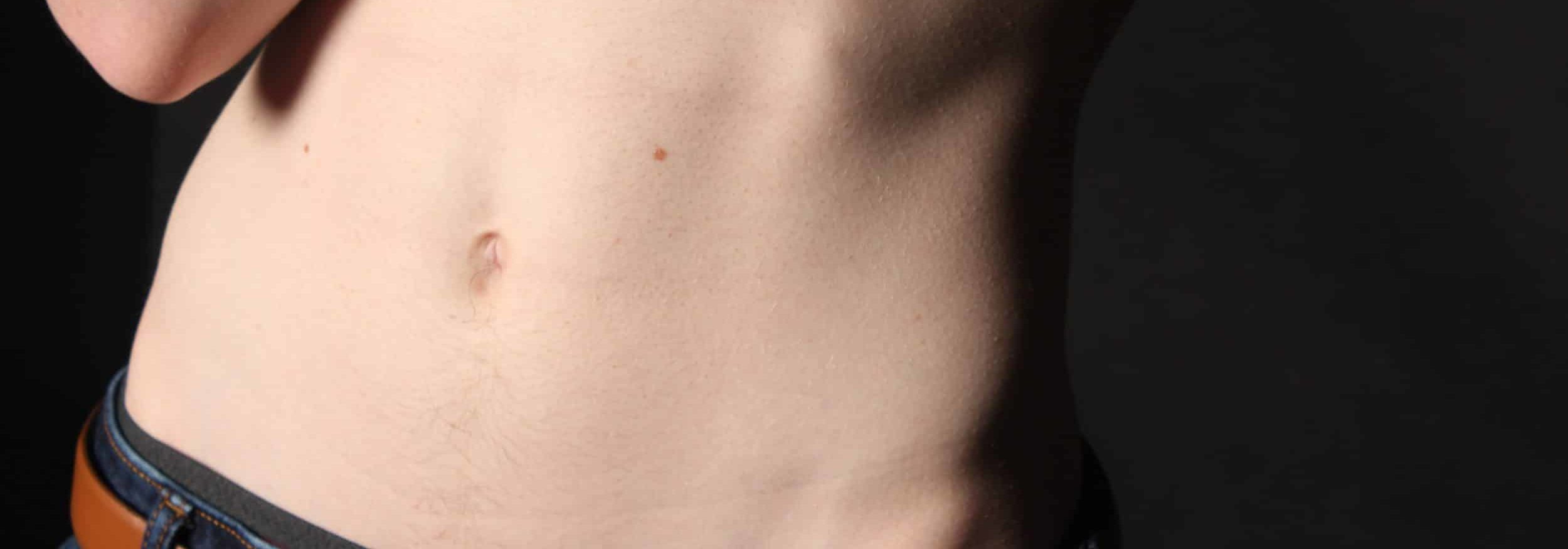
Did you know that physical therapy can help digestive health? Whether you are experiencing constipation, diarrhea, bloating, nausea, abdominal discomfort, acid reflux, and/or fecal leakage, a knowledgeable physical therapist specialized in pelvic floor and gastrointestinal health can help you overcome your symptoms.
Understanding Your Digestive System
Your digestive system includes the mouth, throat, esophagus, stomach, small and large intestine, and anus. Other visceral organs, including your liver, gallbladder and pancreas, play a role in making digestive juices and enzymes to help digest your food. Throughout your abdominal wall, several layers of fascia, or “sheath-like tissue,” wrap and encase each organ, separating each organ from nearby structures, such as muscles and nerves. Tight, dehydrated, or stiff fascia changes the pressure or tension on your organs, impacting its function. Fascia tightness can be due to a prior abdominal or pelvic surgery, such as a laparoscopic surgery due to endometriosis or perineal tear from labor/delivery.
Physical therapists use a variety of techniques, including myofascial release, visceral mobilization, therapeutic exercises, stretches, massage, and breathing techniques, to address your digestive dysfunctions.
Techniques Used to Treat Digestive Dysfunction
● Myofascial and visceral mobilization techniques help soften the fascia, creating space for your organs to work normally and increase blood flow to heal your tissues. Specific techniques include releasing the ileocecal valve to ease small intestinal bacterial overgrowth (SIBO) and gastroesophageal traction to help acid reflux.
● Therapeutic exercises and stretches that target the abdominal, back, and pelvic floor muscles encourage smooth colon motility and ensure the pelvic floor muscles remain relaxed during a bowel movement for complete elimination. Your physical therapist may also perform an external and internal pelvic floor assessment via the vagina or rectum to better understand your discomfort and symptoms.
● Abdominal colon massages facilitate movement of stool in your colon, especially if you have very infrequent bowel movements or hard stools.
● Breathing techniques stimulate your parasympathetic nervous system, which is responsible for your digestive functions in the body.
What to Expect
Physical therapists also instruct their clients to complete a bowel, food, exercise, and sleep diary for several consecutive days to understand how lifestyle, stress, and sleep play a role in their digestive health. The diary helps physical therapists take note of your bowel habits, including frequency of bowel movements and ability to completely eliminate. In addition to incorporating hands-on treatment and providing a home exercise program, your physical therapist will also educate you on healthy bowel habits, the importance of a morning bowel routine, and sleep hygiene to facilitate healthy digestive function.
When Should You Get Help?
Physical therapy has a lot of surprising benefits, and many of them are for the betterment of your digestive health. If you are experiencing gut issues and haven’t found relief with medications or change in diet, physical therapy may be your missing piece of the puzzle! In addition to seeing a physical therapist, be sure to include other knowledgeable providers, including acupuncturists, dietitians, massage therapists, and functional medicine nutritionists, to your healthcare team.
About The Author:
Katrina Wong, DPT
 Katrina graduated from Mount Saint Mary’s University with her Doctorate of Physical Therapy. Her interest in physical therapy began when she taught a balance exercise class at a senior center in her undergraduate years at Whittier College. Throughout physical therapy school, Katrina found a special interest in orthopedics and women’s and men’s pelvic health. In her free time, she enjoys being outside, whether that is running, walking, hiking, or helping out in the garden.
Katrina graduated from Mount Saint Mary’s University with her Doctorate of Physical Therapy. Her interest in physical therapy began when she taught a balance exercise class at a senior center in her undergraduate years at Whittier College. Throughout physical therapy school, Katrina found a special interest in orthopedics and women’s and men’s pelvic health. In her free time, she enjoys being outside, whether that is running, walking, hiking, or helping out in the garden.

 Los Altos, CA
Los Altos, CA
